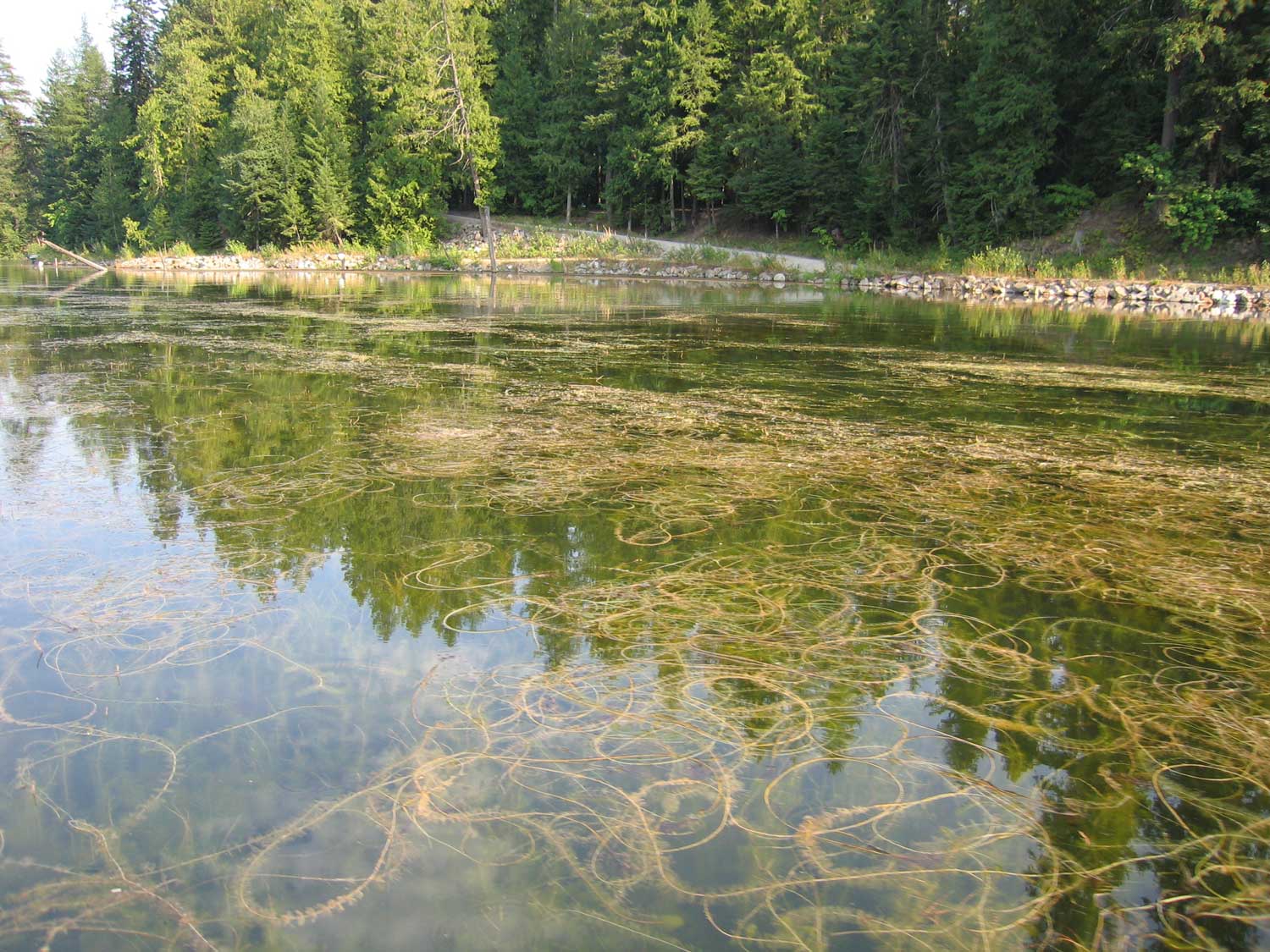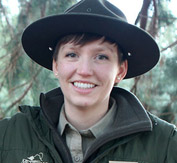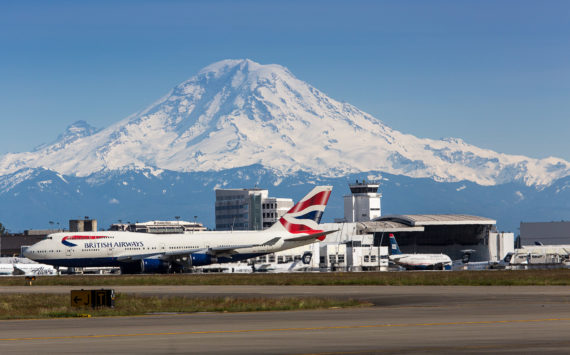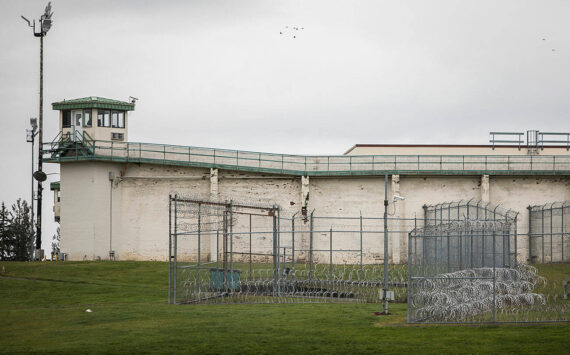As summer weather heats up in Washington and boaters prepare for more adventures on the water, the Washington Invasive Species Council has issued a reminder to boaters that it is illegal to transport or spread aquatic invasive species..
Invasive species are non-native animals, plants, microorganisms and pathogens that can out-compete or prey on Washington’s existing wildlife, harming the environment, human health and businesses. They come to Washington on car tires, on boat hulls and motors, on hikers’ boots, by wind and sea and many other ways. Some of the worst live in the water.
“There are many ways that we accidentally introduce and move invasive species from one waterway to another,” said Justin Bush, executive coordinator of the Washington State Invasive Species Council. “The best way to prevent introductions is to remember the mantra ‘Clean-Drain-Dry.’
“Preventing the spread of aquatic invasive species is serious business,” Bush said. Researchers estimate that invasive zebra and quagga mussels alone cost the power industry more than $3 billion, and industries, businesses and communities more than $5 billion nationwide over six years.
It’s also the law. It is illegal to transport or spread aquatic invasive species and violators can face a maximum penalty of one year in jail and $5,000 in fines. To avoid fines, potential jail time, and harming Washington’s waters, follow the “Clean-Drain-Dry” methodology.
Clean: When leaving the water, clean all equipment that touched the water by removing all visible plants, algae, animals and mud. This includes watercraft hulls, trailers, shoes, waders, life vests, engines and other gear.
Drain: Drain accumulated water from watercraft or gear, including live and transom wells, before leaving the access point to the water.
Dry: Once you get home, let all gear fully dry before using it in a different water body.
If transporting watercraft from outside of Washington State, the “Clean-Drain-Dry” method may not sufficiently remove some invasive species. In certain conditions, the State will require a free intensive decontamination upon entry into Washington.
Aquatic invasive species hotline, 1-888-933-9247. On the web: http://wise.wa.gov/.
– Washington State Recreation and Convervation Office








